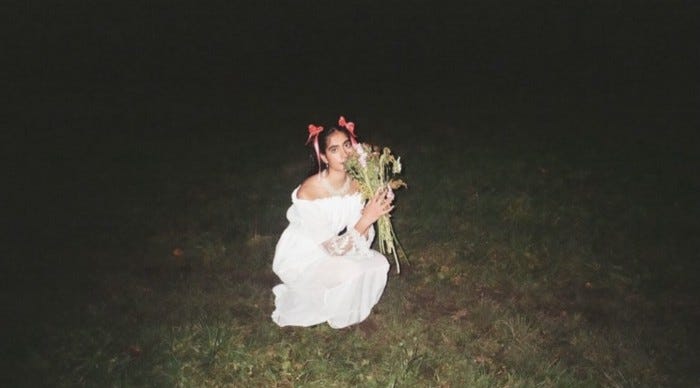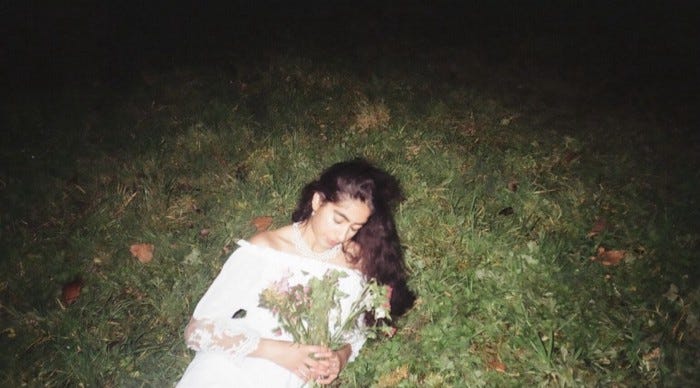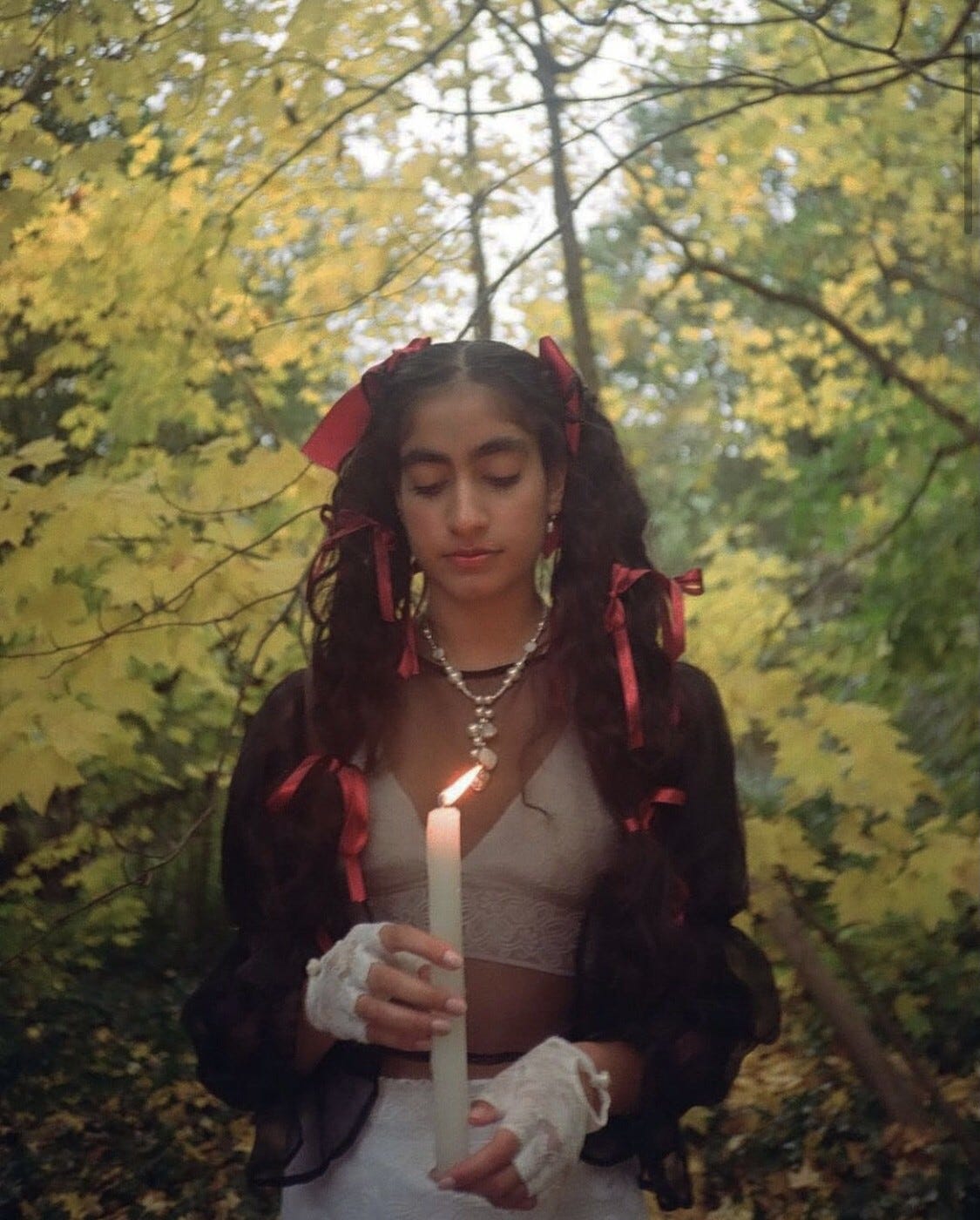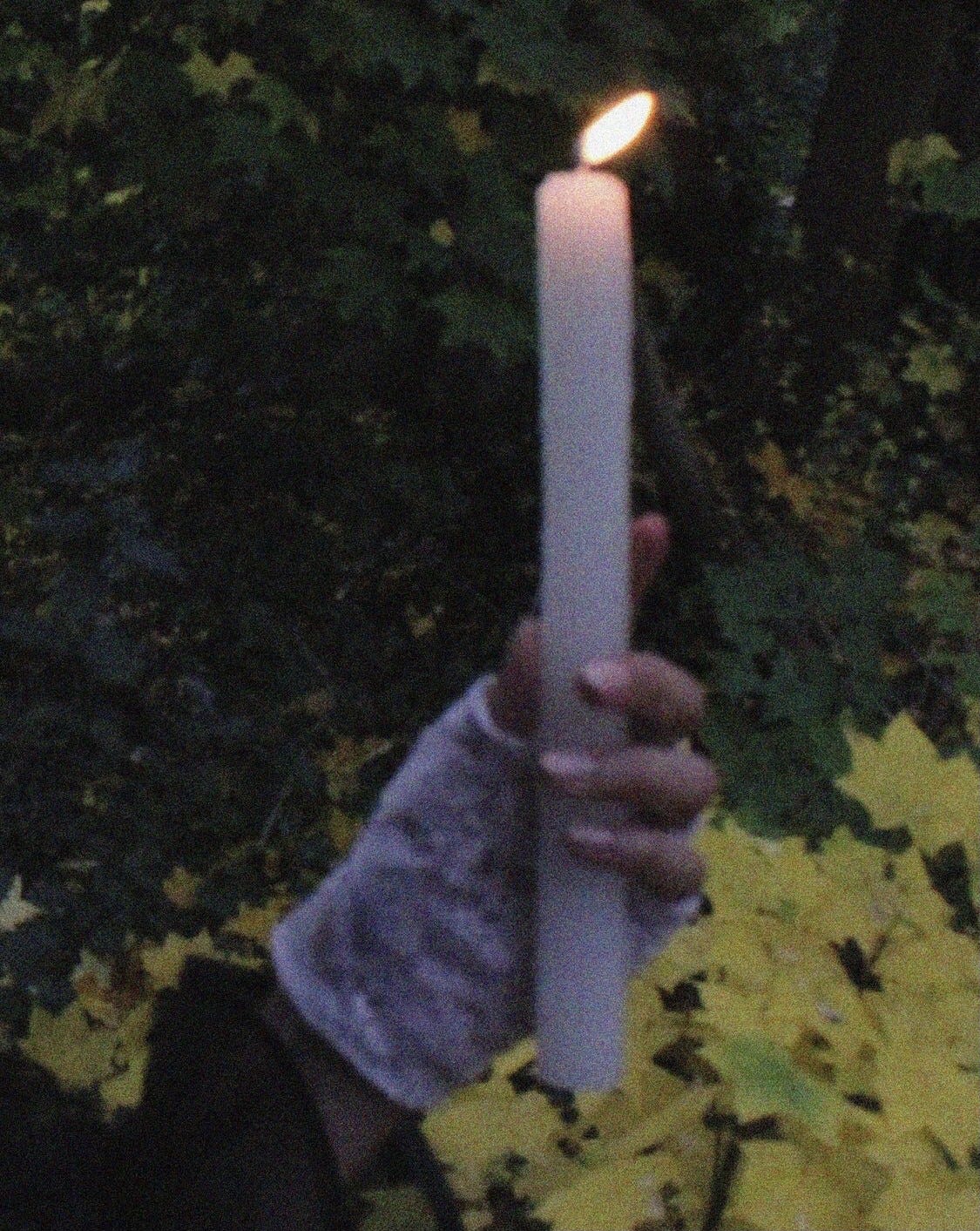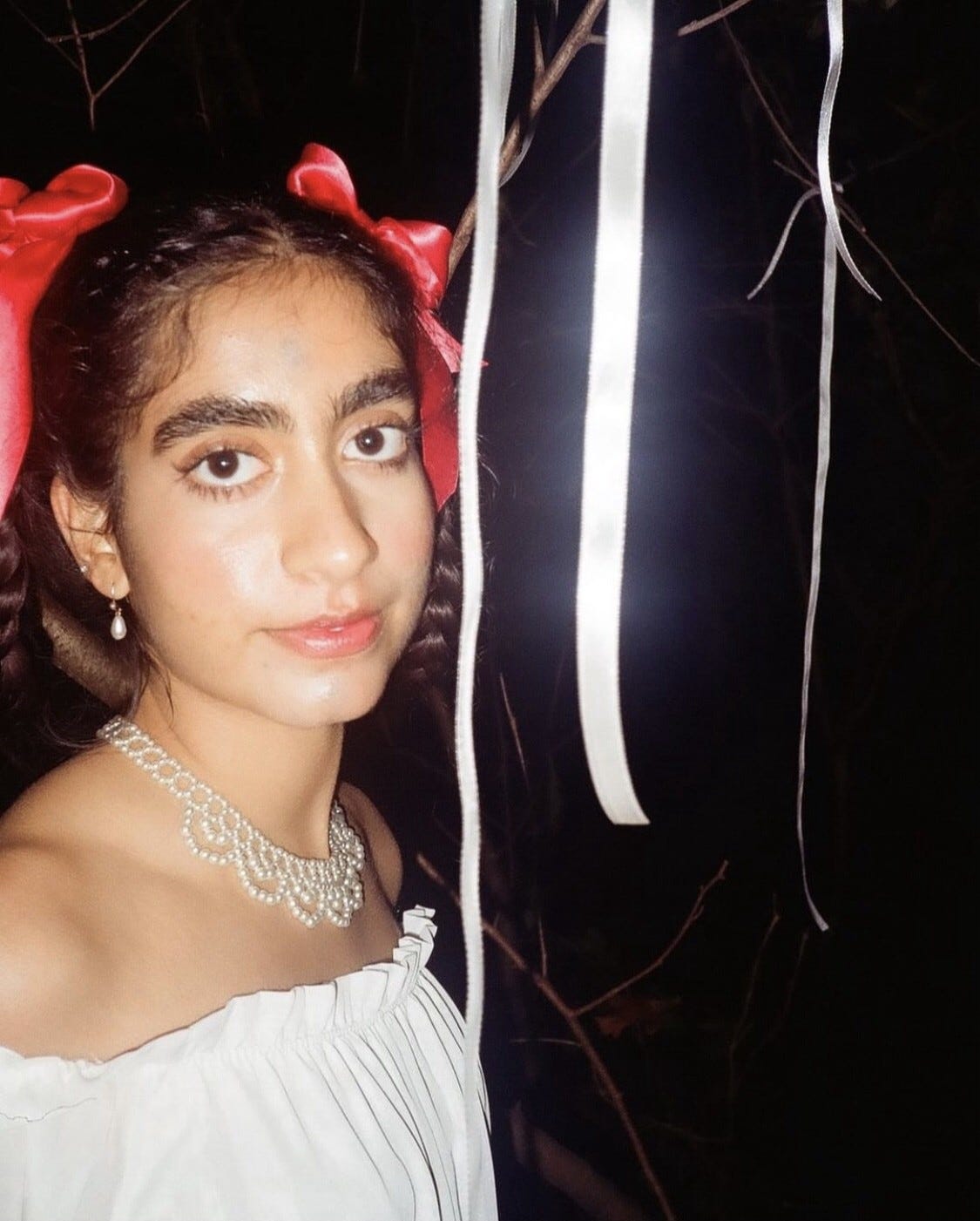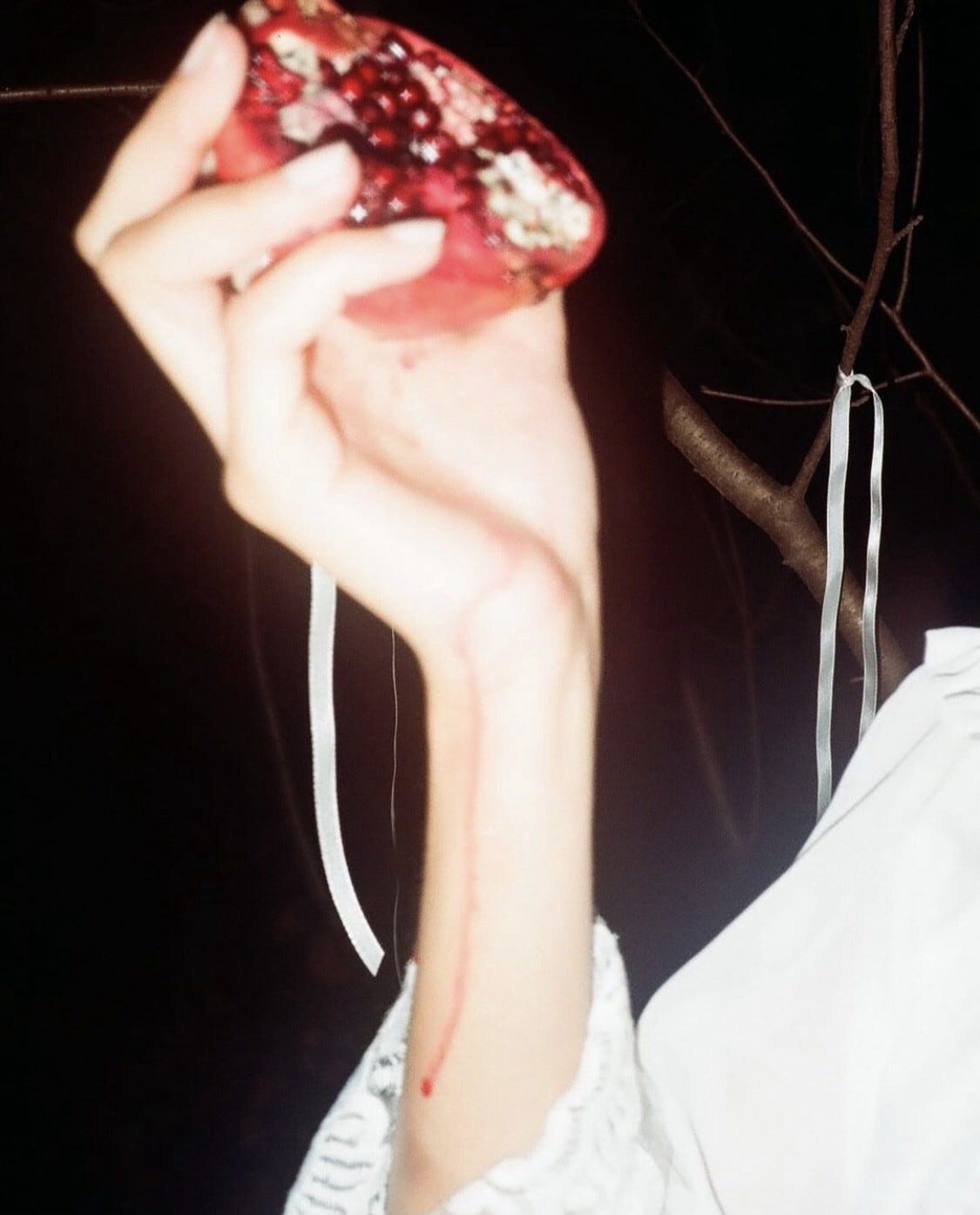Creatives in conversation: exploitation, elitism and classism in the fashion world
Upcoming artist and future stylist Megan Cowan reflects on current projects and the reality of working in the creative industries
“Unless everybody comes in at the same level nothing is going to change”.
At 19 years-old and studying styling and communication, Megan Cowan tells me her studies are always pushing for collaborations, but the process of networking has highlighted the elitism and classism among students. She points out it is “inevitable in any industry, in a way it can’t change unless capitalism doesn’t exist”.
Working in the fashion sector is still quite new to Megan, as she shared with me when talking about the difficulties she encountered when creating in a new setting, with the addition of restrictions during the pandemic when her studies were taking place online.
Megan’s experience has given her a new understanding of the industry, the newly acquired knowledge is “priceless” to the upcoming artist.
Elizabeth Cameron: “Certain sectors like fashion, for example, have absolutely thrived on what we would really term as exploitation of a lot of willing people wanting to be in the industry”.
“I did every single aspect on my own, it’s nice having complete control but it’s limiting”.
Megan’s work merges disciplines from fashion and photography to styling and art direction. With no set themes in mind, she aims for her creative process to be inclusive. Working with individuals of different backgrounds both in front and behind the camera, Megan selects her models or teams with the intention to “amplify voices of people who don’t often get heard”.
Megan comments on the fast paced nature of the industry she studies, the young creative is “rooting for that to slow down” through the way she approaches her work, striving for sustainability in her projects. Megan adds that it is something “you can’t not think about anymore”, she “can’t imagine being in a creative practice and not caring [about diversity and sustainability]”.
“I want to just make things while keeping in my own morals and values”.
Megan tells me everything in her most recent project was sourced second hand, like other projects in the past, which also involved visits to charity shops and digging through her closet. Shot in Hampstead Heath, with her small team of photographers and stylists as part of a university assignment to produce a campaign photoshoot.
Megan took creative direction from Simone Rocha, exploring the portrayal of femininity. Frequently sourcing a lot of influence from cinema of the 60s and 70s, Megan was inspired by the visually striking and dark film Picnic at Hanging Rock, the film was crucial for Megan in visualising the campaign as “feminine but kind of creepy”.
“Thinking about something for so long and then seeing it come to life is really fun.”
What lies at the core of Megan’s work is to “create things that are beautiful”, the young fashion student talks of her work and the research which goes into making it as something that is all around her, to Megan “anything can be research”. The artist said she doesn’t have an “off switch” when it comes to her search for beauty, she never lacks the “urge to create something” even during burnouts.
In Megan’s world she wants to be surrounded by “things that are beautiful and cared for”, she goes on to say “what’s the point of life if everything looks bad, if nothing was designed life would be horrid”.
Megan explains how parts of her identity are “so closely linked to music”, listening to artists like Clairo, Elliott Smith, Sza and Vashti Bunyan who in their musical format are very much alike to Megan’s creative work and personal style.
The young stylist goes on to tell me how in the past she was seeking out communities to connect with over common interests, she says “that’s important in general, but it impacts the way you dress”.
Megan mentions the importance of “feeling like you are a part” of the creative industry, she elaborates by saying that over time individuals who consume culture will gain ‘cultural capital’, this will make them feel more accepted in creative spaces compared to those who had less privilege to have similar experiences.
The young artist suggests the creative industry should provide more opportunities for upcoming artists in all creative sectors, giving everyone the chance to pursue their creative skills with equal prospects ahead.
Janet Stovall: “The business case for diversity, as it stands today, doesn’t really speak to any problem. And the only way business is going to get single-minded about racial diversity is if it has a problem that is urgent and relative to somebody other than people of colour”.



